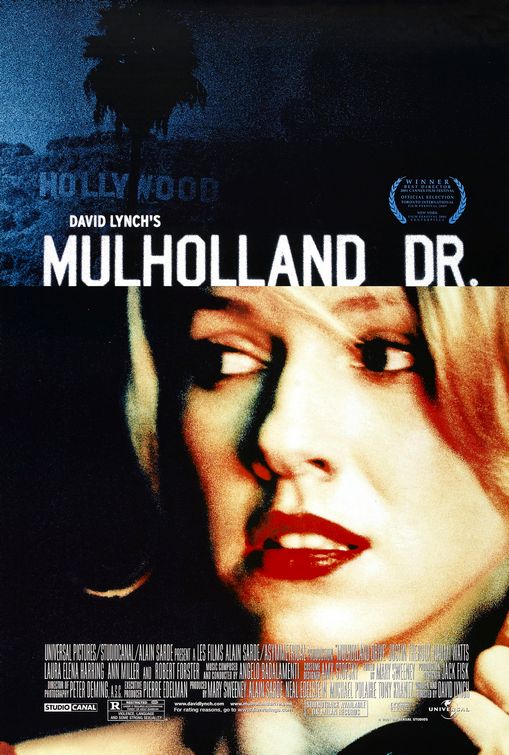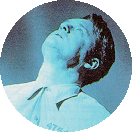
"A 21st Century Noir Horror Film.
A graphic investigation into parallel indentity crises.
A world where time is dangerously out of control.
A terrifying ride down the lost highway."

(1996)
press kit / quotes / pictures / articles / soundtrack
credits / sounds / film clips / video info / script / links
credits / sounds / film clips / video info / script / links
"It doesn't do any good to say, 'This is what it means.' When you are spoon fed a film, people instantly know what it is. I like films that leave room to dream."
- Cinefantastique, April 1997
- Cinefantastique, April 1997
"Barry may have his idea of what the film means, and I may have my idea, and they may be two different things. The beauty of an abstract film is it's open to interpretation."
- Cinefantastique, April 1997
- Cinefantastique, April 1997
"You can say that a lot of Lost Highway is internal. It's Fred's story. It's not a dream: It's realistic, though according to Fred's logic. But I don't want to say too much. The reason is: I love mysteries. To fall into a mystery and its danger ... everything becomes so intense in those moments. When most mysteries are solved, I feel tremendously let down. So I want things to feel solved up to a point, but there's got to be a certain percentage left over to keep the dream going."
- Rolling Stone, March 6, 1997
- Rolling Stone, March 6, 1997
"There's a beguiling and magnetic mood. There's so much darkness, and there's so much room to dream. They're mysteries and there are people in trouble, and uneasiness."
- Filmmaker, Winter 1997
- Filmmaker, Winter 1997
"I don't like pictures that are one genre only, so this (Lost Highway) is a combination of things. Horror. Thriller. But basically it's a mystery."
- Sight and Sound, July 1996
- Sight and Sound, July 1996
"Barry Gifford wrote a book called Night People, and in it a character used the phrase 'lost highway'. I mentioned to Barry that I just loved this title, 'Lost Highway', and that we should write something together. And he said, 'Well, let's do it.' That was about a year before we actually got together on the script. But that phrase, you know, sparked it."
- Lynch on Lynch, Faber and Faber publishing.
- Lynch on Lynch, Faber and Faber publishing.
"It's about a couple who feel that somewhere, just on the border of consciousness - or on the other side of that border - are bad, bad problems. But they can't bring them into the real world and deal with them. So this bad feeling is just hovering there, and the problems abstract themselves and become other things. It just becomes like a bad dream. There are unfortunate things that happen to people, and this story is about that. It depicts an unfortunate occurrence, and gives you the feeling of a man in trouble. A thinking man in trouble."
- Lynch on Lynch, Faber and Faber publishing.
- Lynch on Lynch, Faber and Faber publishing.
"Let's say you don't want to be yourself anymore. Something happens to you, and you just show up in Seattle, living under the name Joe Smith, with a whole different reality. It means that you're trying to escape something, and that's basically what Fred Madison does. He gets into a fugue state, which in this case means that he can't go anywhere - he's in a prison cell, so it's happening internally, within his own mind. But things don't work out any better in the fugue state than they do in real life. He can't control the woman any more than he could in real life. You might say this is an explanation for what happens. However, this is not a complete explanation for the film. Things happen in this film that are not - and should not be - easily explained."
- Rolling Stone, March 6, 1997
- Rolling Stone, March 6, 1997
"We realized we didn't want to make something that was linear, and that's why the Moebius strip [as the film's structure]. A Moebius strip is a long strip of paper curved initially into a circle, but with one end flipped over. The strip now has only one side that flips both inside and outside the shape. It made it easier to explain things to ourselves and keeping it straightforward. The story folds back underneath itself and continues."
-Film Threat, 1997
-Film Threat, 1997
"It's striaght out scary. It's very dark. It's not for kids or for people who want some light fair."
- The Tonight Show, February 28, 1997
- The Tonight Show, February 28, 1997
"One of my characters is this man's wife, who's always sort of afar, and there's always this...the divorce word is always between them but they never say it. The more he needs her sex, the less she gives him. The more he needs her love, the less she has for him. It's a sort of dead relationship, this cold, adversarily relationship. He kills her and then he recreates himself as this young veral guy and has this girlfriend who needs him and wants to sleep with him and loves him and wants him to save her. But his whole fantasy again turns to shit because he's just a sick man."
- Hollywood Online
- Hollywood Online
"You feel David in his movies. It's another Universe he takes you to. It's like an alternate reality, close enough to our own to be really distrubing.
- "Pretty as a Picture: The Art of David Lynch"
- "Pretty as a Picture: The Art of David Lynch"
"It's a very, kind of scary movie, and very enigmatic - a lot of questions it raises."
- Today Show, February 20, 1997
- Today Show, February 20, 1997
I wouldn't say that I understand the script completely, but I like that. I know that when I see the movie I'm going to be surprised by how it all fits together. We all have our own fantasies about what the secret of Lost Highway is. At times, in David's direction, he'll give you an idea and you'll think you're on to something. Then the next day it will be completely the opposite.
- Sight and Sound, July 1996
- Sight and Sound, July 1996
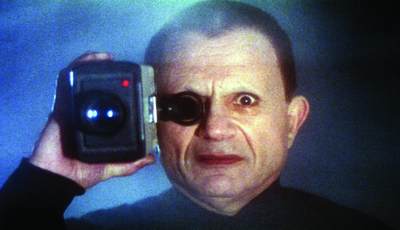
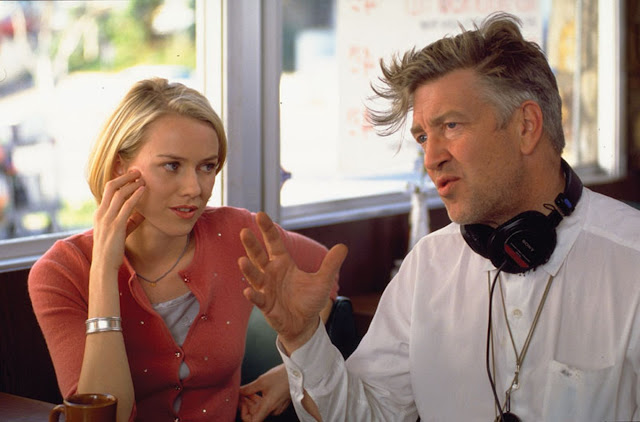



















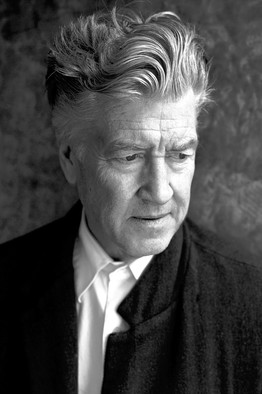



![[image]](http://si.wsj.net/public/resources/images/OD-AS631_QALYNC_DV_20120718150438.jpg)









